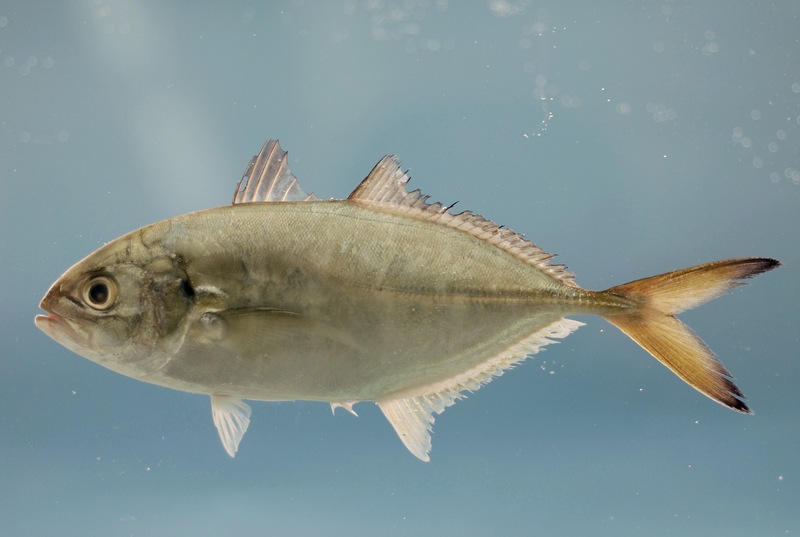|
| Query: Small blue | Result: 96th of 890 | |
blue runner, Caranx crysos
| Subject: | blue runner, Caranx crysos
| | Poster: | Wiki Photos (---@---.---)
| |

| Resolution: 2896x1944
File Size: 715896 Bytes
Date: 2007:08:09 01:16:09
Camera: NIKON D200 (NIKON CORPORATION)
F number: f/3.2
Exposure: 10/300 sec
Focal Length: 600/10
Upload Date: 2017:01:16 01:29:10
|
A small blue runner in profile
Description Caranx crysos from the Gulf of Mexico
Date 9 August 2007, 01:16
Source NOAA Photo Library or fish4136 http://www.flickr.com/photos/noaaphotolib/5187472005/
Author SEFSC Pascagoula Laboratory; Collection of Brandi Noble, NOAA/NMFS/SEFSC NOAA Photo Library
Source: https://commons.wikimedia.org/wiki/File:Caranx_crysos.jpg
The blue runner, Caranx crysos (also known as the bluestripe jack, Egyptian scad, hardtail jack and hardnose), is a common species of moderately large marine fish classified in the jack family, Carangidae. The blue runner is distributed across the Atlantic Ocean, ranging from Brazil to Canada in the western Atlantic and from Angola to Great Britain including the Mediterranean in the east Atlantic. The blue runner is distinguished from similar species by several morphological features, including the extent of the upper jaw, gill raker count and lateral line scale counts. The blue runner is known to reach a maximum length of 70 cm and 5.05 kg in weight, but is much more common below 35 cm. The species inhabits both inshore and offshore environments, predominantly over reefs, however it is known to congregate around large man made offshore structures such as oil platforms. Juveniles tend to inhabit shallower reef and lagoon waters, before moving to deeper waters as adults. Order: Perciformes, Suborder: Percoidei, Superfamily: Percoidea, Family: Carangidae. |
^o^
Animal Pictures Archive for smart phones
^o^
|
|

